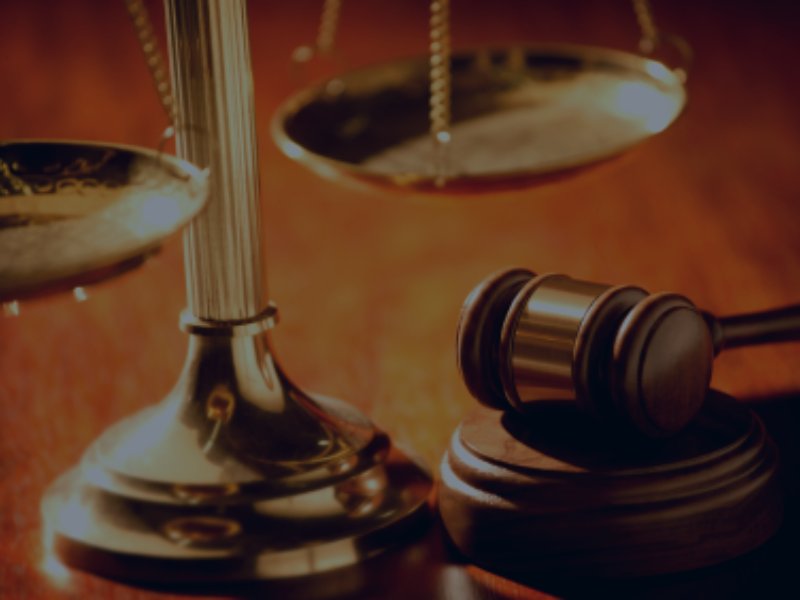Are Personal Injury Settlements Public Record?
Personal injury claims give citizens an avenue to pursue compensation for a wide array of damages. Some cases are more black-and-white than others, like minor car accident lawsuits, while others hit closer to home. No matter the context, claimants and defendants alike might wonder what parts of their legal case are open to public record.
Settlements vs. Court Rulings
Throughout the many pages of personal injury information on the web, you read about “settling” in and out of court. One potentially confusing aspect of the claim filing process is clearly defining what it means to receive compensation from different modes of mediation.
A claimant typically pursues a personal injury claim by filing with the defendant, or their insurance company. This process does not automatically become a court-driven process, though you must still file your claim with the court. In this scenario, an attorney will help you negotiate a settlement with the other party. If both parties agree on a fair settlement, this is where the negotiation process stops. Sometimes settlement negotiation takes weeks to complete, while other mediation sessions fail to produce an agreement.
A personal injury claim results in a court hearing if neither party budges in their stance during settlement negotiation. The two opposing parties then bring their cases to the court, which makes a ruling on the sum of the award to the plaintiff. The court ruling then becomes part of the court record and is not a settled case, so-to-speak. In other cases, a claimant can pursue a personal injury case in small claims court outright. This is not always wise because it comes with court-related fees and typically creates more stress for both parties.

How Does Court-Involvement Impact Public Record?
Claims settled out of court are not public record. The moment a claim enters the court circuit, this changes. Court rulings are public record, which means any decision the court makes about your settlement will become public record if you go to trial. This is one of the reasons a claimant might choose to try settling out of court first.
Why Should I Settle Out of Court?
The trial process is lengthy, with most hearings taking place about one year after the initial file date. Even after this waiting period, court rulings are still not permanent – either party can appeal the ruling, extending the legal process as both parties wait for another trial.
Mediation, or alternative dispute resolution, is a process that is less stressful and only lasts as long as it takes for both parties to settle the case. This process is also more fluid in that it requires neither party to admit fault. It becomes a conversation of what outcome fairly reflects the damages incurred by the incident.
How Can a Lawyer Help?
A lawyer can advise you on whether you should bring your case to the court. They can provide insight into how the settlement process is progressing, which is invaluable information to receive as a claimant seeking fair compensation. They can inform you about the risks and court-hearing processes associated with settling in court versus maintaining mediation.
A lawyer also provides consul about how to present yourself in court, knowing your case is becoming a part of the public record. Unlike mediation, the court requires you to admit fault, or a portion of fault (in comparative fault systems) and requires intelligent communication skills to prevent miscommunication. A lawyer can help you prepare for your hearing so the process goes smoothly.
Not all personal injury cases enter the public record. However, it is important to remember the context of the accident and other involved party both impact whether your case remains private. Settling out of court prevents your case’s ruling from entering the public record, but sometimes it is necessary to bring your lawsuit to court. In these cases, a skilled personal injury lawyer can provide valuable aid.

















